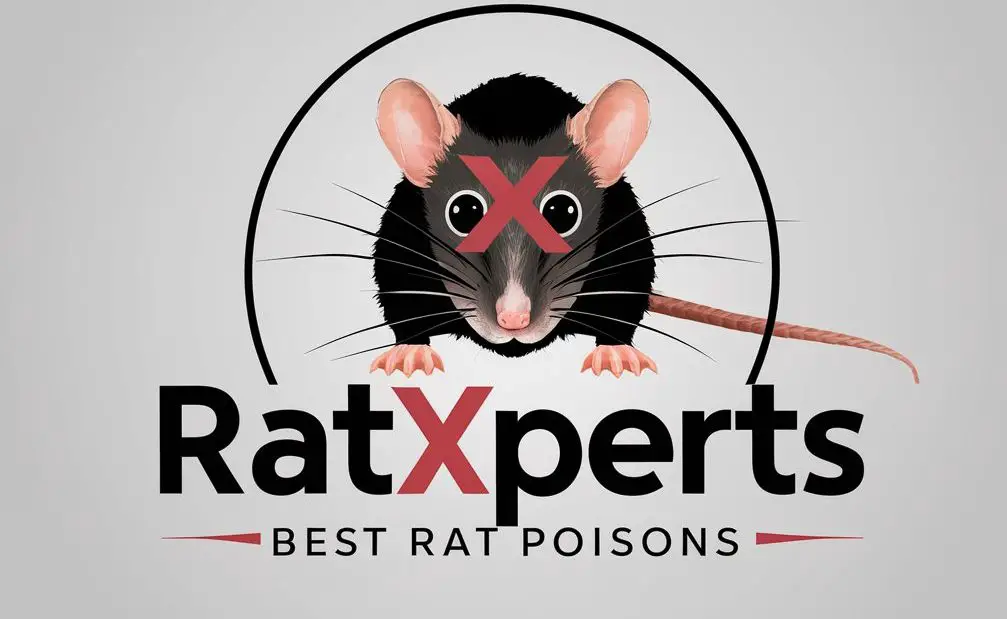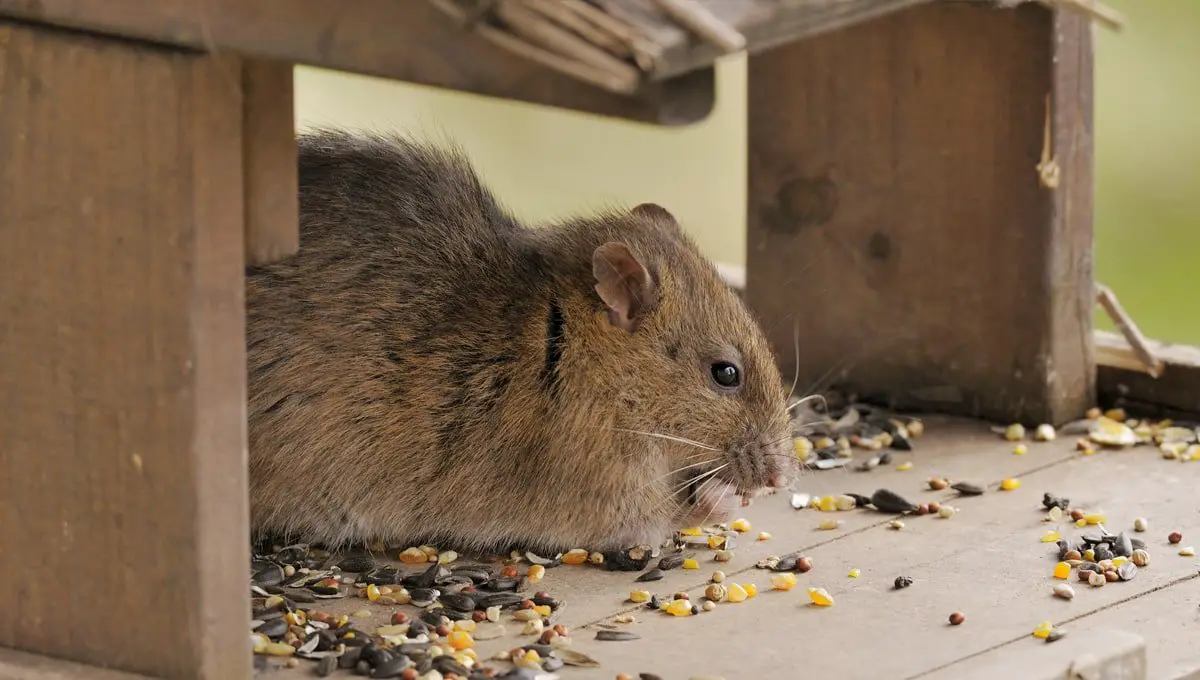Do you suspect that your home has a rodent infestation? Are you concerned about the air quality in your home as a result? If so, then this blog post is for you. We’ll discuss how rodent infestations can impact indoor air quality and provide tips on how to mitigate the effects.
Introduction
This blog post is an introduction to the effects of rodent infestations on indoor air quality. Infestations can have serious consequences, ranging from physical symptoms such as headaches to sensitivity and even morbidity if exposure continues. This blog post will discuss the various ways in which rodent infestations can affect air quality, as well as what steps can be taken to assess, prevent and get rid of an infestation. We will look at the physical symptoms of poor-quality air, what kind of pesticides are used around the home, and how to assess the air quality in your home. We will also look at how to prevent a rodent infestation and how to get rid of any existing infestations. By the end of this blog post, you will be better informed about how rodents can affect your indoor air quality and what steps you need to take in order to maintain a healthy environment.
Rodent infestations and indoor air quality

Rodent infestations can have a serious impact on indoor air quality. The presence of rodents in the home, such as mice or rats, can lead to a buildup of airborne particles, including their urine and droppings. These particles can cause a variety of physical symptoms, including respiratory irritation and allergic reactions. In addition, rodent infestations can also lead to an increase in the presence of disease-causing organisms such as hantavirus. It is important to assess the air quality in your home if you suspect a rodent infestation, and if necessary, take steps to get rid of the rodents and clean up any droppings or nests that may be present.
What are the Physical Symptoms of Poor-Quality Air?
Poor air quality caused by rodent infestations can have a serious impact on one’s health. Symptoms of poor-quality air include coughing, sneezing, watery eyes, fatigue, and headaches. In some cases, exposure to rodent droppings and saliva can cause more serious illnesses such as fever, vomiting, muscle pain, jaundice, and even death in the most severe cases. It is important to be aware of the physical symptoms of poor-quality air to ensure that your home is safe and healthy for all.
How Can I Assess the Air Quality in My Home?
Assessing the air quality in your home can be done through a number of methods. Air tests are available to detect the presence of pollutants and allergens. You can also perform a visual inspection of your home to look for signs of mold, mildew, and other issues that could affect air quality. Additionally, it’s important to consider other factors such as ventilation and humidity levels when assessing the air in your home. Regularly replacing air filters, cleaning ducts, and sealing any cracks and leaks can help to improve air quality as well.
What Kinds of Pesticides Are Used in and Around the Home?
Pesticides are commonly used in and around the home to control pests such as insects, termites, rodents, and fungi. Common household pests include flies, cockroaches, mosquitoes, and mice or rats. Insecticides are the most widely used pesticide in homes, but termiticides and rodenticides are also commonly used. According to one study, more than one-third of households use insecticides even when there isn’t a major insect problem. It’s important to understand the different kinds of pesticides available in order to make an informed decision when it comes to keeping your home pest-free and your air quality at its best.
What are the Health Effects of Rodent Exposure?
The health effects of rodent exposure are serious and can be life-threatening. Rodents can spread disease, cause asthma attacks, and even lead to sensitization to mouse allergens. Exposure to rodents can trigger asthma attacks due to the presence of airborne allergens, and those with mouse allergies are particularly vulnerable. It is important to be aware of the risks associated with rodent exposure, including contamination of food, damage to property and disease transmission. Homeowners should take steps to assess the air quality in their home, use safe and effective pesticides for rodent control and take measures to prevent infestations from occurring in the first place. Taking these steps will help protect your family from the dangers of rodent exposure and keep your home safe and healthy.
How Can I Prevent a Rodent Infestation?
Preventing infestation from rodents can be done by removing food sources, water and items that provide shelter for them. Inspect your property for any possible hiding places, paying special attention to areas near sources of food and water. Seal cracks and crevices in walls and floors, store firewood away from the house, keep pet food in sealed containers, and eliminate any standing water near the property. Additionally, use traps or baits to control the rodent population. It is also important to regularly inspect your home for signs of a rodent infestation, including droppings, gnaw marks, or rat tracks. With proper prevention methods in place, you can help protect your home from rodent infestations.
How Can I Get Rid of an Existing Rodent Infestation?
Removing an existing rodent infestation can be a difficult task, but there are steps people can take to help ensure that they are successful in doing so. One of the most effective methods for getting rid of rodents is to set traps. Traps come in various shapes and sizes and are designed to catch rodents without harming them. It is important to remember to check the traps daily and remove any rodents that have been caught. Additionally, it is important to take steps to discourage rodents from returning, such as removing food sources, water sources, and items that provide shelter. Regularly cleaning up trash and debris around the property can also help prevent future infestations.
Conclusion
In conclusion, rodent infestations can have a significant impact on indoor air quality, potentially putting the health of residents at risk. It is essential to take steps to prevent and control these pests, and maintain good indoor air quality through regular cleaning and ventilation. If you suspect that you have a rodent infestation, it is important to address the problem as soon as possible to ensure the health and safety of your family.

